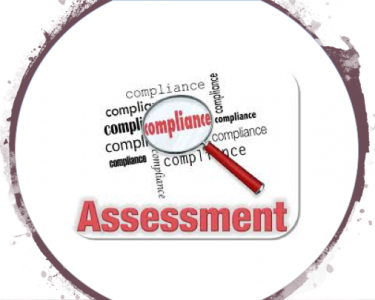
Governing the Accreditation System – for comment
We need to make sure that the accreditation system upholds – and importantly develops – the values and spirit of economic pluralism in teaching. It also needs to be accountable to the wider stakeholder community. So how can we do that? Here are some initial thoughts for your comment. We have looked at other similar … Continued






